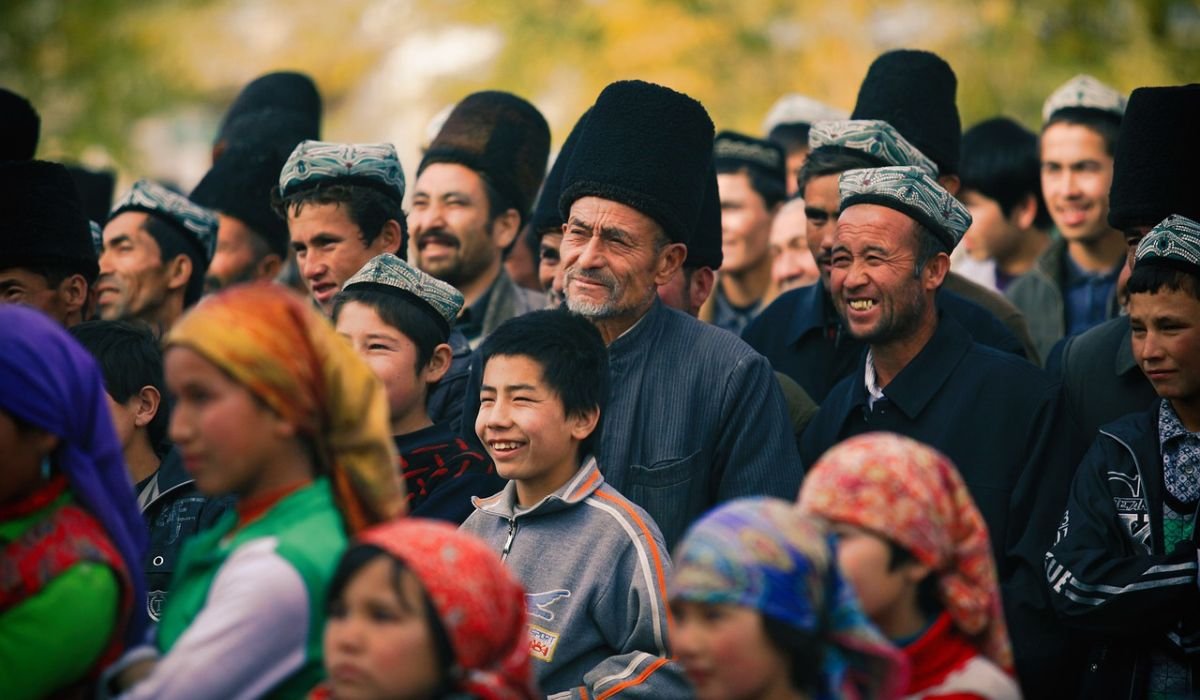Introduction to Randavü
“Randavü” holds a deep cultural and historical significance in Turkish society. Emerging during the Ottoman Empire, this unique tradition symbolizes not merely a meeting but an enriching experience of personal interaction and genuine human connection. Today, despite the infiltration of digital distractions into our lives, Rand avü persists as a vital aspect of the Turkish way of living. It serves as a reminder of the value of meaningful relationships in building a cohesive and interactive community.
This post will explore the origins of Randa vü, its contemporary relevance, its benefits, and insightful tips on hosting a successful Rand avü. By understanding its enduring appeal, readers can appreciate its importance and perhaps incorporate it into their own lives.
The Role of Randavü in Building Relationships
Ran davü is more than a casual meeting; it is a ritual that fosters deeper connections. Its roots stem from the Ottoman period, where social gatherings allowed people to exchange ideas, share experiences, and strengthen ties in an era that placed immense importance on human interaction.
- Universality Across Generations: Ran davü is a tradition that transcends age and background. From elders engaging in lifelong friendships over tea to young people connecting at a café, it offers a sense of unity and understanding.
- Conflict Resolution: Ran davü also plays a significant role in resolving misunderstandings. Conversations held in a relaxed atmosphere often pave the way for mutual understanding.
- Building Trust in Business: Outside personal relationships, Ra ndavü beautifully integrates into professional settings where business relations are enhanced through mutual respect and shared diligence during such gatherings.
The Modern Relevance of Randavü
Counteracting the Digital Disconnect
While modern technology has made distant communication easier, it often lacks the depth and warmth of face-to-face interaction. Ra ndavü counteracts the isolating effects of screen-centered communication by encouraging in-person connection.
Some examples of how modern society still clings to Randa vü include:
- Weekly friend or family gatherings, often with coffee or tea at the center.
- Neighborhood or workplace meet-ups designed to foster a sense of community.
- More businesses opting to have in-person client negotiations over a shared meal, allowing a Ran davü to build rapport.
Preserving Tradition in the Digital Age
Though tools for virtual chats exist, many Turkish people still prioritize in-person meetings. The charm of direct interaction and shared experiences cannot be replaced by emojis or video calls. Maintaining Rand avü signifies the preservation of a rich cultural heritage.
Benefits of Incorporating Randavü into Daily Life
Integrating Randavü into one’s routine can bring several tangible and intangible benefits:
Personal Benefits
- Stress Relief: Sharing experiences with others in person creates a sense of belonging that can lower stress levels.
- Enhanced Emotional Well-being: Being heard and understood can foster happiness and improve one’s mental state.
Professional Benefits
- Stronger Networks: A successful Ra ndavü can establish professional connections that evolve into long-term relationships.
- Better Decision-Making: Ideas exchanged in such settings can often lead to fresh perspectives and insights.
Societal Impact
- Strengthened Communities: Close-knit neighborhoods thrive when Randavü is a regular practice.
- Promotion of Unity: It bridges differences, fostering understanding and mutual respect.
Tips for Hosting a Successful Randavü
Want to organize a Randavü that leaves a lasting impression? Here are some practical guidelines to get you started.
Select the Right Venue
Depending on your audience, choose a venue that suits the occasion. Cafés are ideal for informal Randavüs, while formal gatherings might necessitate a meeting room or a quiet dinner setting.
Timing Is Key
Avoid hosting at inconvenient hours. Consider the participants’ schedules and opt for times where everyone can fully engage.
Prepare Talking Points
Set a positive tone with light yet engaging topics to initiate conversation. Avoid sensitive topics unless addressing them is the main point of the Randavü.
Serve Refreshments
Food and beverages play an integral role in Turkish Randavü. Offering traditional Turkish tea or coffee with snacks can elevate the experience.
Focus on Inclusivity
Ensure every participant feels included in the discussion. Personalized attention fosters deeper bonds and ensures everyone leaves with positive memories.
The Future of Randavü
Looking ahead, the core principle of Randavü—human connection—seems timeless. However, as globalization and technology continue to influence cultures, adaptations may emerge.
Global Expansion
Randavü could inspire similar practices in other cultures, especially those struggling with the alienating impact of technology. Versions of Randavü tailored to suit various cultural settings around the world may soon become common.
Blending with Technology
While it thrives on personal interaction, technology could enhance the logistical organization of Randavü through tools like event apps or online invitations. However, the essence of face-to-face communication must remain central.
Regardless of these changes, the soul of Randavü—fostering genuine, meaningful connections—will continue to resonate in Turkey and beyond.
You May Also Like: Transform Industries Powered by Olankz
Conclusion
Randavü is more than a cultural tradition—it is a bridge connecting people in an era often marked by disconnection. It reminds us that no app or device can replicate the warmth of human company, the depth of face-to-face conversations, or the relationships built through shared experiences.
By incorporating Randavü into your life, you stand to create personal and professional relationships that are more genuine, fulfilling, and long-lasting. Whether you’re sharing a cup of Turkish coffee or simply chatting with someone in your community, remember to savor the moment and enjoy the timeless beauty of Randavü.
FAQs
What is Randavü?
Randavü refers to a traditional Turkish practice of personal meetings or gatherings focusing on promoting deep conversations, relationships, and unity.
How does Randavü differ from a casual meeting?
Randavü isn’t just a meeting—it emphasizes sincerity, fostering understanding, and building trust across personal and professional connections.
Why does Randavü remain relevant today?
Despite digital advancements, Randavü stands as an antidote to the isolating nature of online interactions, keeping direct personal connections alive.
Can the practice of Randavü be adapted globally?
Yes, Randavü’s core principle of fostering human interaction is universal and could inspire similar practices in other societies.
What are the key benefits of hosting a Randavü?
Randavü strengthens relationships, enhances emotional well-being, promotes unity, and builds robust networks in both personal and professional circles.











